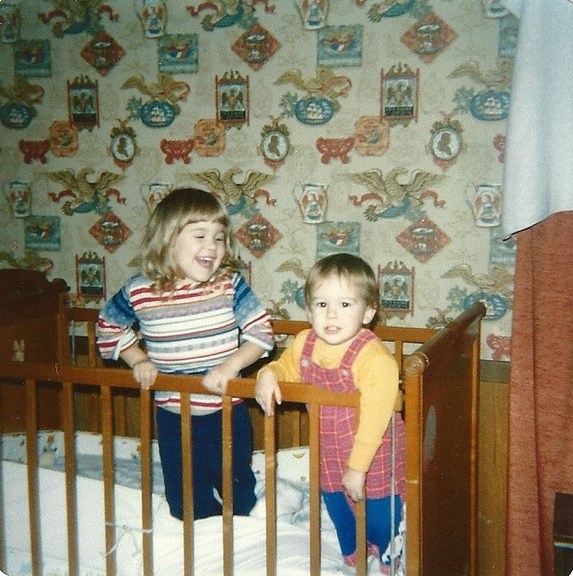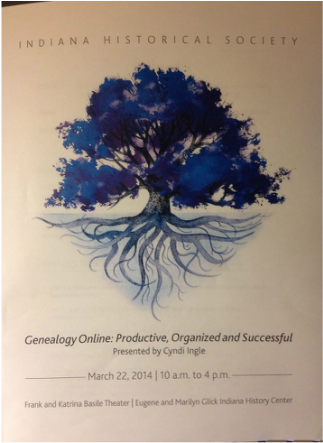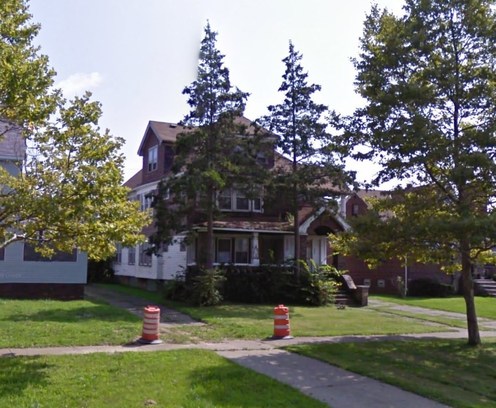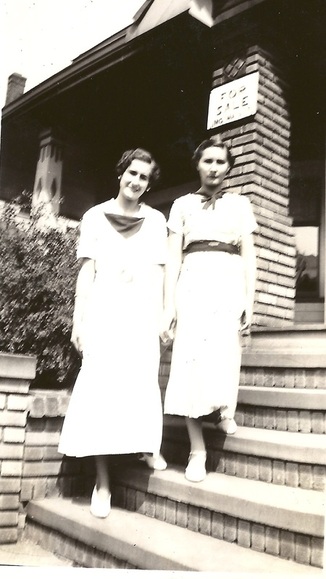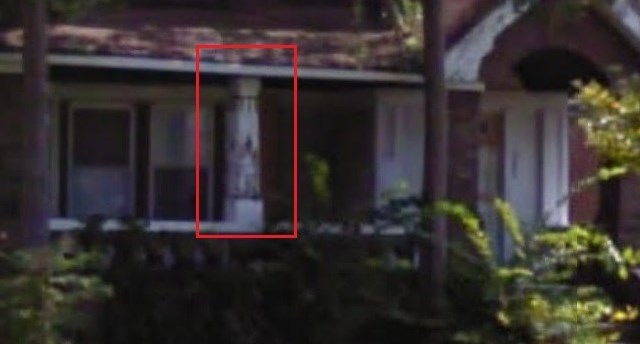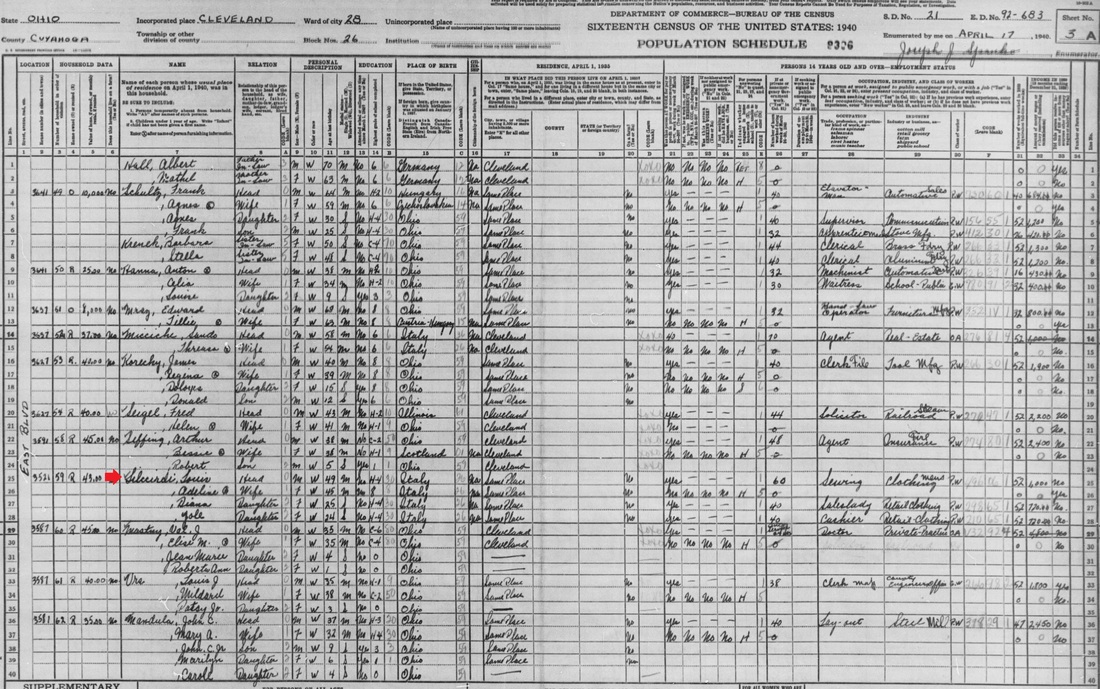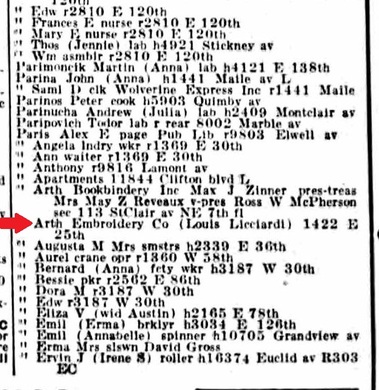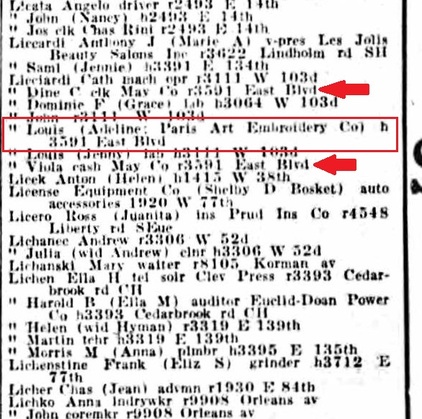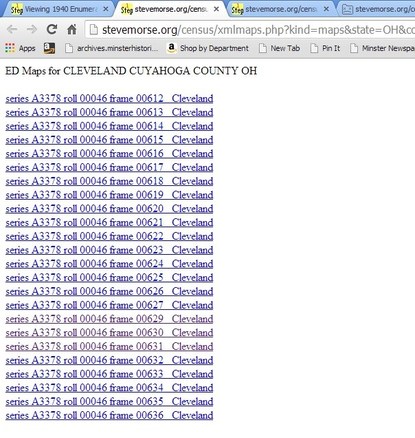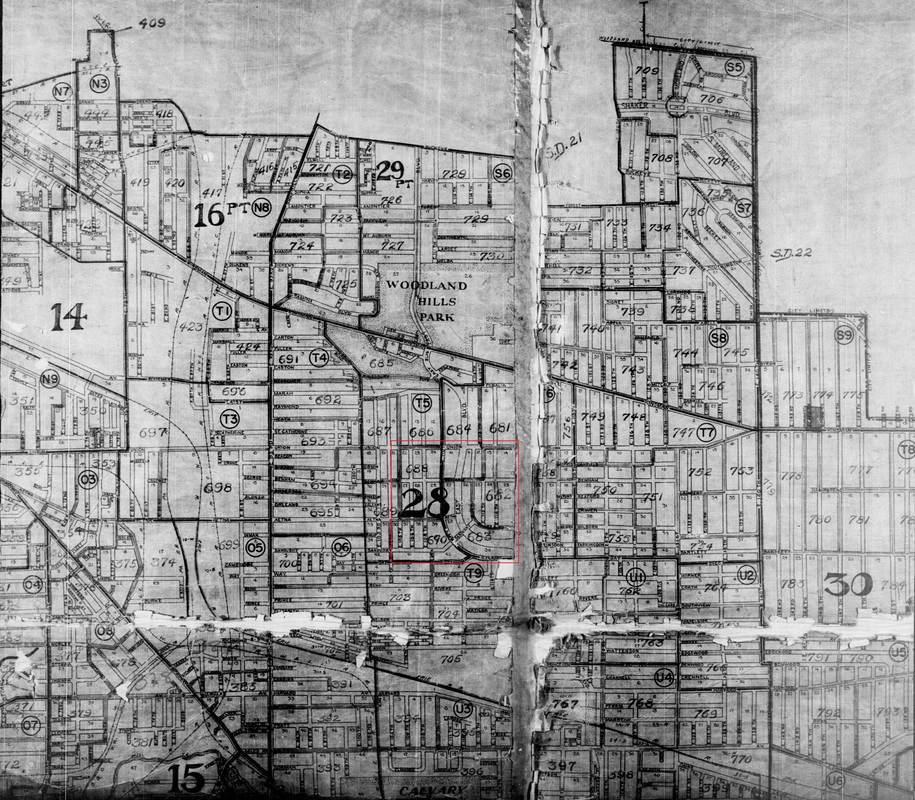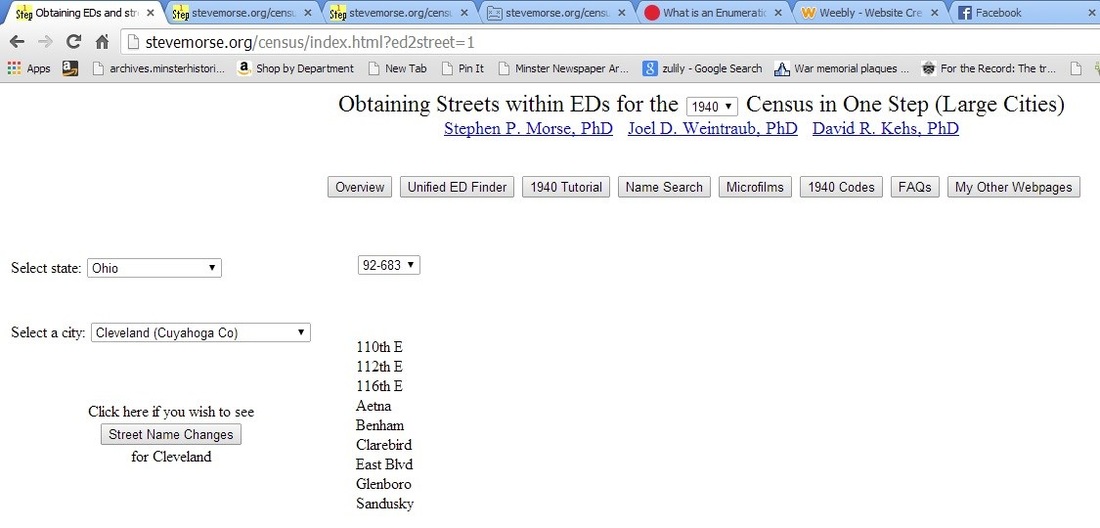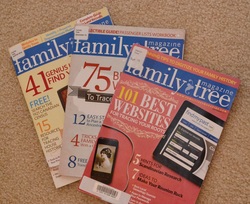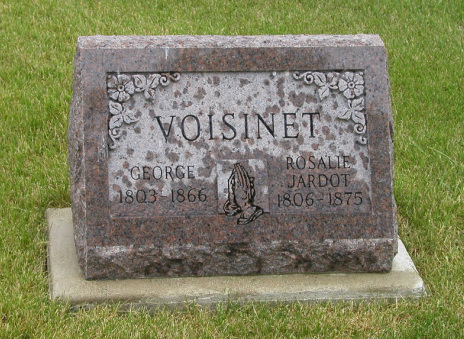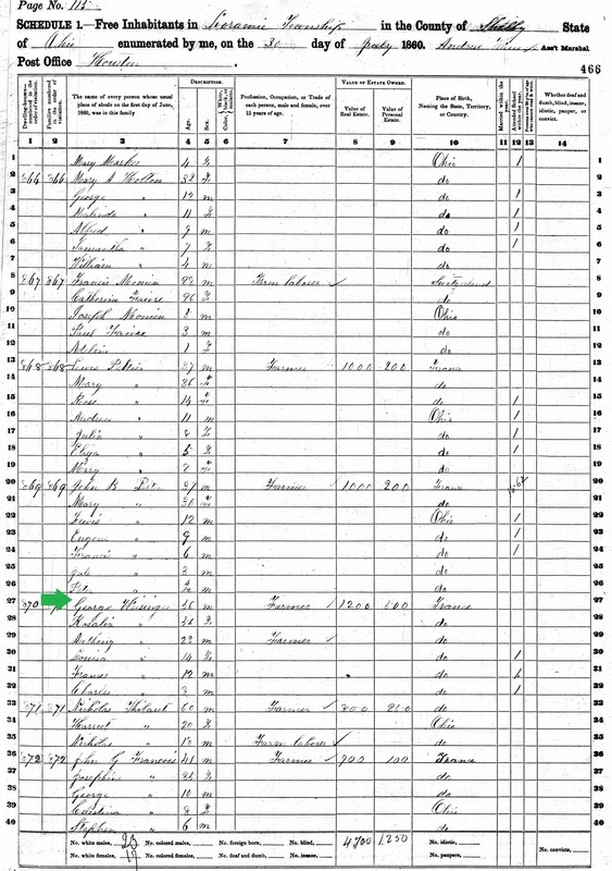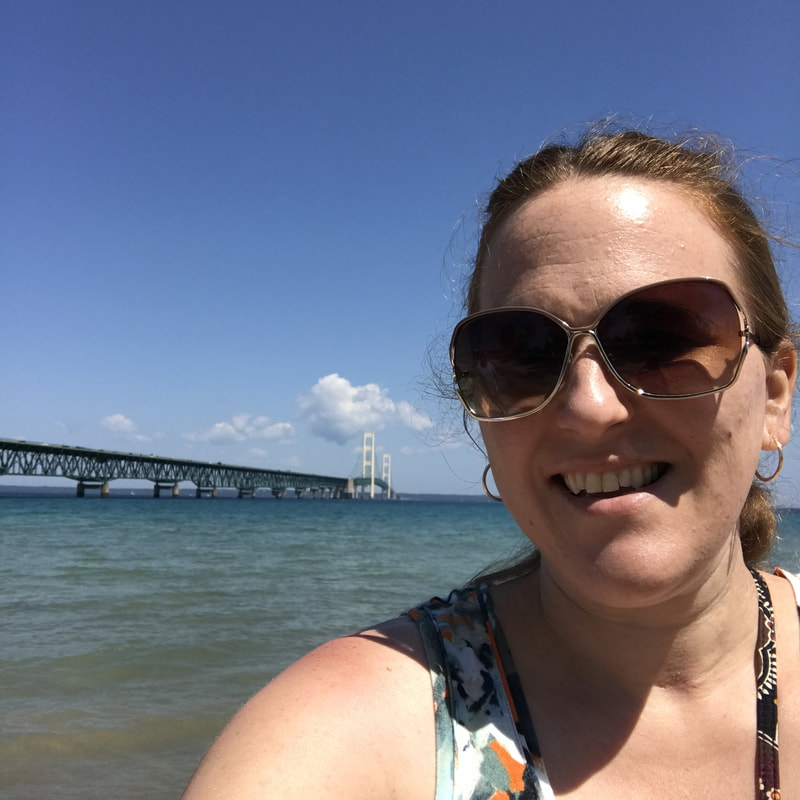Dr. Jones first talked about the Genealogical Proof Standard. Most importantly, he spoke about WHY it is needed, and emphasized that establishing proof in genealogy is not the same as certainty or finality. We are never really "done" researching our family - there may always be 'new' evidence that comes to light that will add to our ancestors' stories.
In the second presentation, Dr. Jones talked about how to compare and contrast (correlate) evidence to attempt to clearly and accurately answer a particular question about an ancestor. He showed us ways in which to use narratives, lists, timelines, tables, and even maps to carry out this process of correlation. He spoke about the importance of determining independence of sources before beginning the process of correlation, and that at least two independent sources are necessary before correlation can take place.
After lunch, Dr. Jones talked what we can do as researchers and family history writers when sources do not agree with each other. He addressed WHY records may disagree and how errors can creep into "official" documents, either intentionally or unintentionally. He showed us several methods of resolving conflicting evidence and provided examples of how to address conflicting evidence when writing our family histories.
His final presentation was crowd-interactive. He gave us a research question and asked us to suggest online sources that could possibly be used to fill in the holes of one particular man's life story. The case study showed the usefulness of researching indirect ancestors in order to answer questions about one direct ancestor. And, this case study showed that we still DO need offline sources of records to truly put together a comprehensive picture of an ancestor's life.
This was not the first time that I've heard Dr. Jones speak; last year, I attended the Ohio Genealogical Society Annual Conference, at which he gave the keynote speech, and, while there, I also attended his shorter talk on documentation. I enjoyed this day-long seminar more than his shorter presentations at OGS. It was more in-depth than his shorter presentations, and he did a great job of using real examples and problems that he himself has encountered in his research. He emphasized that a successful genealogical researcher must have a 'piecing-together-the-puzzle' attitude as opposed to an 'I found it!' attitude, which is a key point that has stuck with me over the past few days. If you ever get an opportunity to hear him speak, you must jump at it - you will learn so much!
©2014, copyright Emily Kowalski Schroeder

